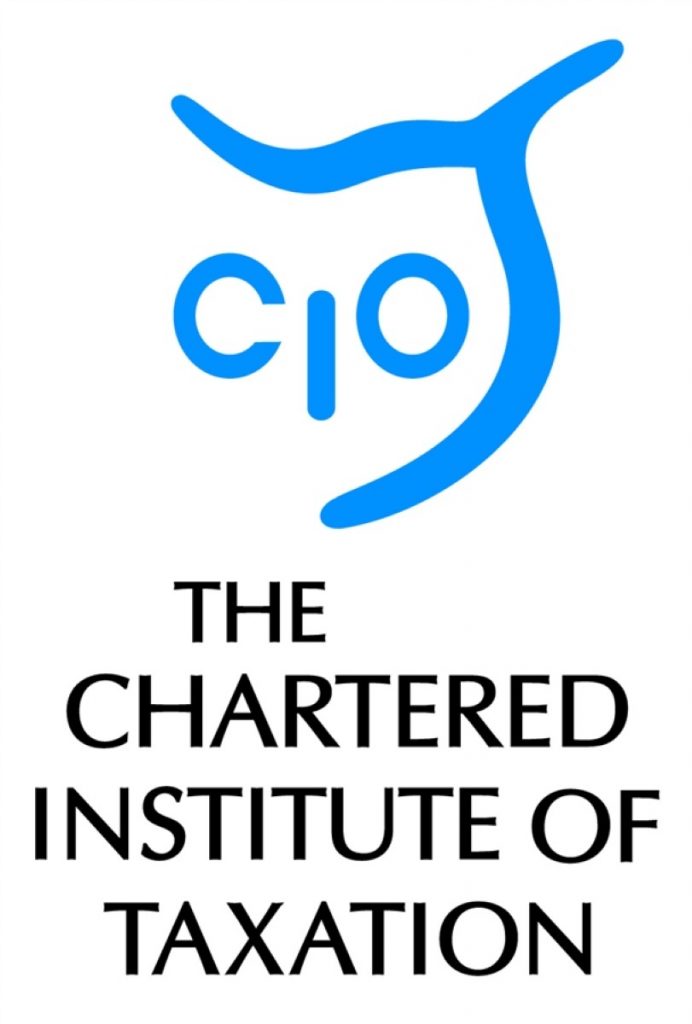HMRC modernisation programme – service levels a crucial test
The Low Incomes Tax Reform Group (LITRG) is seeking reassurance from HMRC that nothing will be done which will impact adversely on customer service as a result of a restructure announced today.
LITRG is particularly worried about the consequences for call waiting times and other aspects of public-facing services, including the Needs Enhanced Support (NES) service for those who need extra help in dealing with their tax affairs and support for the tax charities.
Anthony Thomas, LITRG Chairman, said:
“This centralisation will not of itself reduce levels of service to taxpayers. The last HMRC enquiry centre, where taxpayers could call in to discuss their tax affairs in person, closed more than a year ago. However the closure of so many offices and the moving of staff and functions to new offices in some cases over 100 miles away will inevitably be disruptive. It is important the process is managed smoothly and that every effort is made to retain experienced HMRC personnel wherever possible.
“The statement that HMRC is aiming for further staff reductions is worrying though. If this is genuinely because tasks previously carried out manually are being automated – and we acknowledge this is happening to some extent – then that is reasonable, but ministers and the HMRC leadership need to provide reassurance that further cuts in staff numbers will neither make it harder for taxpayers to get responses to enquiries nor damage HMRC’s ability to carry out its compliance role.
“The Government needs to recognise the strain placed upon the public by constant change and increasing complexity in the tax system, and to ensure HMRC has the resources it needs to cope with the resulting demands on its helplines. As HMRC acknowledge, recent levels of service – call waiting times in particular – have been inadequate and unacceptable.1
“HMRC are gradually expanding what can be done online, but in many circumstances the telephone remains the only real option for dealing with the taxman. With the increasing complexity of the tax system and opacity of HMRC communications, more and more people are being driven to call the helplines to make claims, ask for explanations, query apparent mistakes, enquire after delayed post, or seek help in completing forms. We wait anxiously to see how HMRC will cope with the inevitable flood of calls from tax credit claimants should the proposed tax credit changes go ahead and they realise the extent of the reductions in their awards from April 2016.
“HMRC’s customer service and enquiry facilities must be adequately funded in this month’s spending review. Significant investment should be made in HMRC’s Needs Enhanced Support service which offers a good service to unrepresented taxpayers who experience particular difficulties in dealing with their tax and tax credit affairs. Also, we urge Government to continue and enhance their support for the tax charities who play a vital role in helping the unrepresented pay the right amount of tax, and to whom HMRC are referring more and more of their customers.
“We all in LITRG offer our sympathy to the individual staff members of HMRC for whom today’s announcement may mean continuing uncertainty, and express our appreciation of the good work which many customer service officials do for taxpayers.”
Note to editors
1. In its report on HMRC ‘s performance in 2014/15, published earlier this week, the House of Commons Public Accounts Committee (PAC) found that ‘HMRC is still failing to provide an acceptable service to customers and could not tell us when it would be able to do so’. PAC reports that HMRC answered 72.5 per cent of calls during 2014/15 (39 per cent were answered within five minutes) and only 50 per cent in the first six months of 2015 against an unambitious target of 80 per cent. PAC is concerned that ‘customer service levels are so bad that they are having an adverse impact on the collection of tax revenues’. PAC’s ‘6th Report – HM Revenue and Customs performance in 2014-15’ can be viewed here.
2. Taxpayers who need extra support with their tax affairs can access this help in two ways:
1) By telephoning the normal helpline number for your query. The main helplines are listed on the HMRC website and the adviser will ask a series of questions to assess your need and put you through to the appropriate team if you meet the relevant criteria.
2) If you are hard-of hearing and unable to use the telephone you can ask for a face–to-face appointment with one of HMRC’s mobile teams by using the online booking form which can be accessed from the HMRC website.
3. Low Incomes Tax Reform Group
The LITRG is an initiative of the Chartered Institute of Taxation (CIOT) to give a voice to the unrepresented. Since 1998 LITRG has been working to improve the policy and processes of the tax, tax credits and associated welfare systems for the benefit of those on low incomes.
The CIOT is the leading professional body in the United Kingdom concerned solely with taxation. The CIOT is an educational charity, promoting education and study of the administration and practice of taxation. One of our key aims is to work for a better, more efficient, tax system for all affected by it – taxpayers, their advisers and the authorities. The CIOT’s work covers all aspects of taxation, including direct and indirect taxes and duties. The CIOT’s 17,500 members have the practising title of ‘Chartered Tax Adviser’ and the designatory letters ‘CTA’, to represent the leading tax qualification





-01.png)